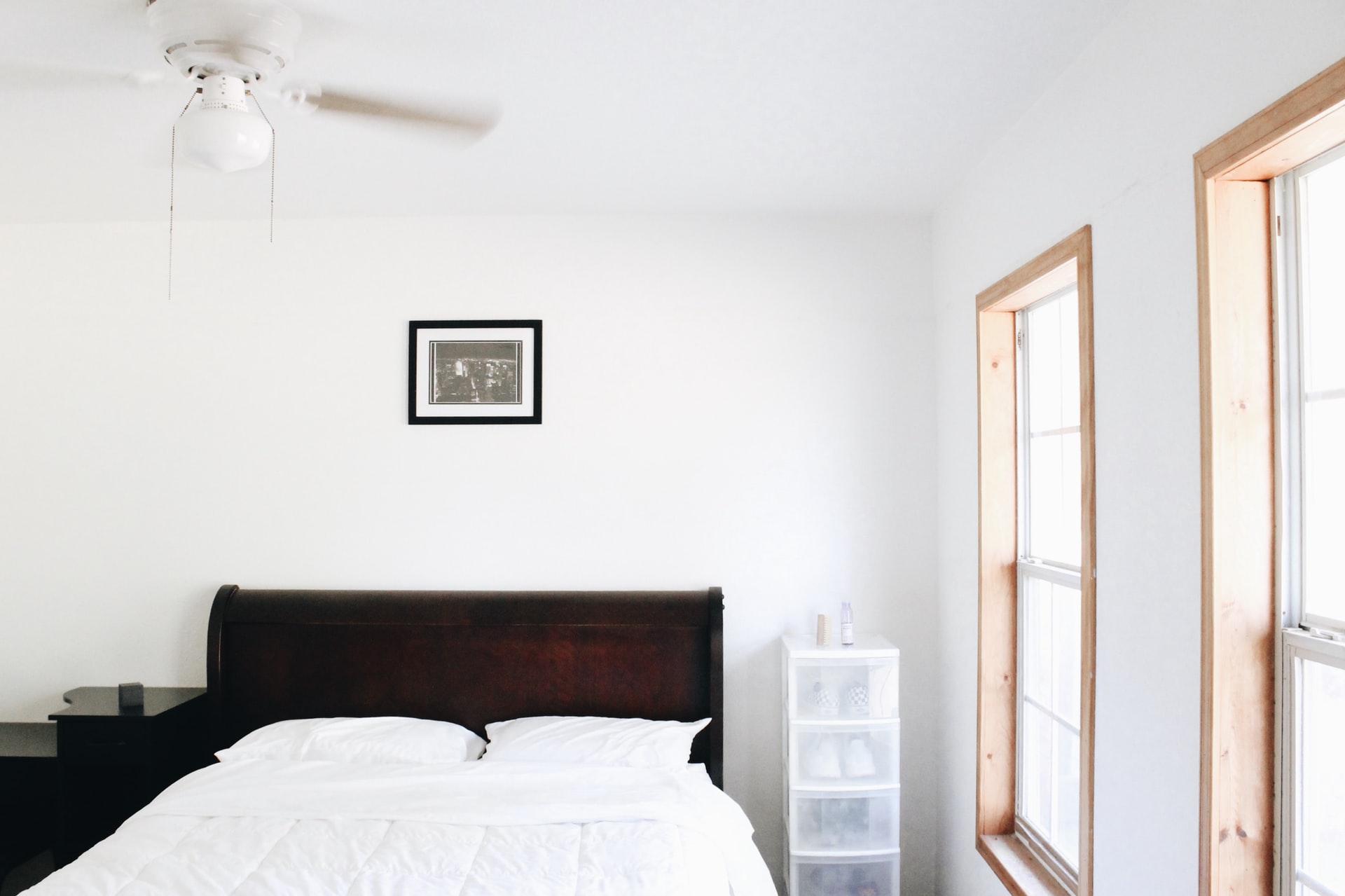I bet you never really think about what all those late nights are doing to your wallet.
Let’s face it, most of us think of sleep deprivation in terms of physical or mental well being.
In other words, we KNOW that not getting enough sleep has been linked to obesity, type 2 diabetes, depression or heart disease, but when did you last think about how it’s impacting your salary, or your available spending money?
Let me lay it out for you.
- Sleep related fatigue resulting in absenteeism, workplace accidents and other lost productivity costs businesses $150 billion a year.
- Plus another $60 billion due to the inability of workers to adjust to late shifts.
- In 2002 doctors wrote 27 million prescriptions for hypnotics which are estimated to have costs about $1.2 billion.
- Increased physician fees and medical expenses for insomnia were between $4k and $6k more than for patients without the condition.
- These are additional health care costs for individuals either through paying directly or via higher insurance premiums.
- In 1995 $11.96 billion was spent on nursing home care directly associated with insomnia.
- People with insomnia end up paying 60% higher health care costs.
- For OSA (obstructive sleep apnea), the average costs of diagnosis and treatment over five years for an individual is over $4,000.
- If you are obese and have OSA then in Canada, over 2 years you are likely to spend almost $30k on physician claims, and another $50k to $99k for other services.
- A study of people with Obstructive Sleep Apnea (OSA) are 3 times more likely to divorce than people without OSA.
- Divorce costs money, even if amicable and agreeable.
- Men with OSA earn less on average.
- Men and women with OSA are more likely to take sick leave.
- If you are a contractor, that means you are not getting paid.
- For permanent employees, most HR departments now use sick leave as an indicator on employability. In other words, no-one likes to hire people who are often calling in sick.
- Medical expenses for people with OSA are twice as much as it is for anyone not suffering from the condition.
- Even if you have medical insurance and don’t have to pay the doctor directly, your insurance premiums are bound to go up.
- A study in Canada found that people with OSA spent more than twice the number of days in hospital than those not suffering from the condition, which can be calculated as an increased cost of services from $49k to $99k. In the USA that cost is much higher due to more expensive health care.
- In 1995, Walsh and Engelhardt calculated the direct cost of insomnia in the USA was around $13.9 billion, and that it would cost $3 billion to treat everyone in the USA with sleep apnea.
- Sleep related fatigue resulting in absenteeism, workplace accidents and other lost productivity also directly affects you.
- Being absent from work often means no income.
- Being injured at work means medical bills and more absence from work.
- Those taking a prescription medication for hypnotics to sleep better are 3 times as likely to die.
- I’m sorry to have to tell you this, but when you die, your family will have to pay for your funeral. Do yourself a favour and check what the funeral costs are in your area. And don’t forget flowers, everyone loves flowers at a funeral. As anyone who has had to pay for a wedding can attest, flowers are EXPENSIVE.
- With a 35% increase in cancer.
- Again, more medical bills, lack of income, travel costs to and from the hospital.
- Often a partner has to take time off work to help out…so more lack of income.
- Not to mention the uncalculated cost of stress and anxiety for the rest of the family.
- Almost 20% of all serious car crash injuries can be linked to driver sleepiness.
- More expenses, time of work, medical bills, legal bills (depending on the seriousness of the accident), and lack of income while recovering, not to mention if you lose your driver’s license, it could seriously affect your employability.
- Lower academic performance, which leads to less students going to university. Less education more often than not also means a lower income group.
- In other words, you’re going to earn less over your lifetime.
Conclusion
So there you have it, some very sobering statistics directly linked to sleep disorders or lack of sleep in some way.
If you start looking at the other secondary linked conditions, like obesity, heart disease or depression, and how that affects income across all genders or age groups, the statistics become even more bleak.
Being sleep deprived is not just bad for your physical or mental health, it is also very bad for the income you can earn over your lifetime, not to mention how much of that income you will have to spend on doctors fees, medication or insurance premiums.
This then becomes a circle of ugliness, as a lower income directly affects your access to medical services, or education.
You are more likely to live in a lower income neighborhood with bad housing or high crime.
Which in turn affects your children and their future.
Switch off your mobile, switch off the television, stay away from sugary or caffeinated drinks that might keep you awake, eat a bit more healthy and exercise a little bit more.
Why? Because it’s good for your wallet and your quality of life.
Besides, what would you rather have? A few more hours of Tik Tok before bed, or some extra money for a nice holiday?
Learning to calm your mind while building a nighttime routine will help you towards your 7h of sleep a night.


